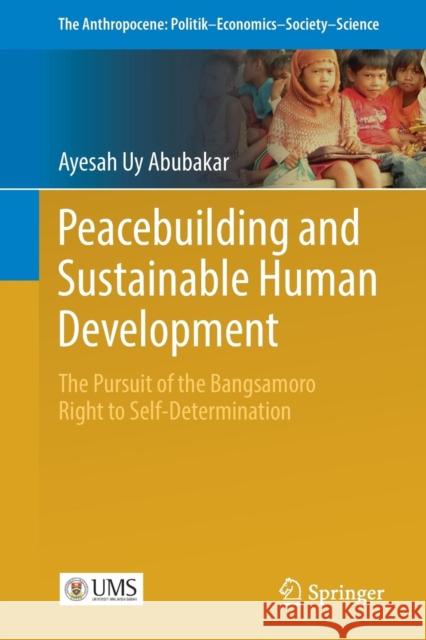Peacebuilding and Sustainable Human Development: The Pursuit of the Bangsamoro Right to Self-Determination » książka
Peacebuilding and Sustainable Human Development: The Pursuit of the Bangsamoro Right to Self-Determination
ISBN-13: 9783319533865 / Angielski / Miękka / 2019 / 208 str.
Peacebuilding and Sustainable Human Development: The Pursuit of the Bangsamoro Right to Self-Determination
ISBN-13: 9783319533865 / Angielski / Miękka / 2019 / 208 str.
(netto: 230,54 VAT: 5%)
Najniższa cena z 30 dni: 231,29 zł
ok. 22 dni roboczych
Bez gwarancji dostawy przed świętami
Darmowa dostawa!
This book is based on research in the conflict affected areas in the Bangsamoro region in the Philippines. The research itself has been inspired by the idea of finding a suitable development framework and perspective that can equally address the development needs and the goal of achieving durable peace. The peace processes between the Government of the Philippines and the Bangsamoro liberation movements started in the late 1970s, with the Moro National Liberation Front, and up to the present and ongoing process with the Moro Islamic Liberation Front. However, throughout these negotiations, agreement signing and implementation and non-implementation, the aspect of development has always been short of delivering the development outcomes that also respond to the RSD aspirations of the Bangsamoro people. It is in this context of RSD that the research was envisioned to understand what kind of development and peace is being sought by the people. How do they define these two often abstract concepts? In terms of methodology, the research and field work was based on the principle that answers must be found from the hardest to reach communities and stakeholders. Mainly, the participatory rural appraisal/participatory learning and action method was used in gaining insights from communities that are least accessible by other researchers and development workers. Yet, it is these communities that will be the key stakeholders of any future development programming as a result of the peace process. As a contribution to the field of peace studies and development, the research offers insights on how development frameworks do matter in the construction of durable peace. In the same manner, it also demonstrates how peacebuilding strategies can be used in the development goals and plans, and make it undeniably crucial in creating a conducive environment to development and the society's transition from conflict to peace in a peace process. The output of this research was presented to the Moro Islamic Liberation Front, as a party to the ongoing peace negotiations, with the hope that Non-State Actors, such as the MILF, can be influenced to re-think and further study ideas on development and development planning, as part of any post-agreement implementation.











